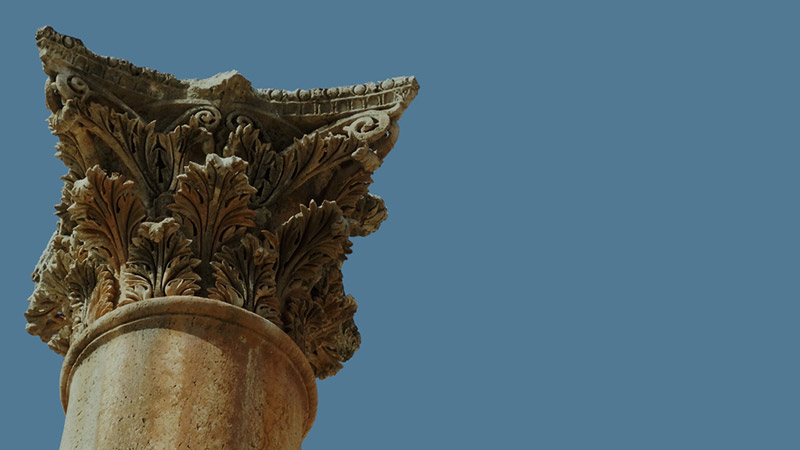Select Marker to See Location Name
You Searched "city of great kings"
-
Volume 14
Volume 14 | The Mission of Jesus
-
Volume 8
Lesson 8.1 | How Big is Our God?
-
Volume 12
Lesson 12.1 | Join the Journey
- LOAD MORE
- SHOW ALL









































